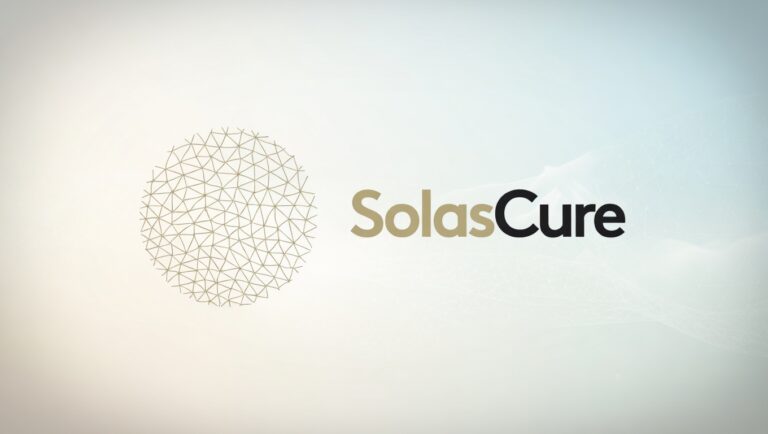
Genentech, part of the Roche Group (SIX: RO, ROG; OTCQX: RHHBY), announced today encouraging topline results from the one-year Phase IV ELEVATUM study. This open-label, single-arm trial evaluated Vabysmo® (faricimab-svoa) for treating diabetic macular edema (DME) in individuals from racial and ethnic groups that are typically underrepresented in clinical trials.
Initial data from 124 participants in the U.S. revealed that after one year of treatment with Vabysmo, administered every eight weeks, participants experienced an average vision improvement of 12.3 letters—about two and a half lines on an eye chart. Results were consistent across major racial and ethnic groups. Hispanic and Latino participants, who began the study with the most severe disease, achieved an average gain of 14.1 letters, nearly three lines on the eye chart. African American and Black participants saw an average improvement of 11.3 letters. Vabysmo was well tolerated, with no new safety concerns reported.
These findings were presented in a late-breaking session at the American Academy of Ophthalmology (AAO) 2024 Annual Meeting in Chicago on October 18. This study marks the first retina trial focused on historically underrepresented populations.
“Vabysmo has proven effective as a first-line treatment for diabetic macular edema, and we now have data showing its positive impact on Black, African American, Hispanic, and Latino patients, who are disproportionately affected by this condition,” said investigator Jeremiah Brown, M.D., of Retina Consultants of Texas. “Participating in this groundbreaking study was important to me, and I hope these findings enhance the care we provide to these communities.”
The results aligned with the Phase III YOSEMITE and RHINE DME studies. A secondary endpoint indicated significant retinal drying, with participants achieving an average reduction of 206.3 microns in central subfield thickness (CST) from baseline, which is crucial for addressing swelling that causes blurred vision.
“Certain ethnic and racial groups are disproportionately affected by DME yet are underrepresented in clinical trials,” noted Gregory A. Rippon, M.D., M.S., vice president of U.S. Medical Affairs. “The ELEVATUM study specifically aimed to address this gap and understand how underrepresented populations respond to Vabysmo, facilitating better and more equitable care.”
Among the 124 participants, 45% identified as Hispanic or Latino and 48% as Black or African American. The study was designed to enhance enrollment and retention of these populations, conducted at sites serving a high proportion of underrepresented patients. It allowed participants with hemoglobin A1c (HbA1c) levels up to 12%, a threshold higher than the typical cutoff of 10%, thereby including more patients from diverse backgrounds.
“At Genentech, we are redefining research to tackle long-standing health disparities,” said Quita Highsmith, vice president and chief diversity officer at Genentech. “The ELEVATUM study not only establishes best practices for enrolling diverse patients but also reaffirms our commitment to advancing inclusive research.”
To date, Vabysmo is approved in over 100 countries for DME and wet age-related macular degeneration (AMD), with more than five million doses distributed globally since its U.S. approval in 2022. Genentech is dedicated to ensuring patients have access to prescribed medicines and offers comprehensive services to assist with access and reimbursement. Patients can contact 833-EYE-GENE for more information, and eligible individuals may access assistance programs through Genentech Access Solutions.




